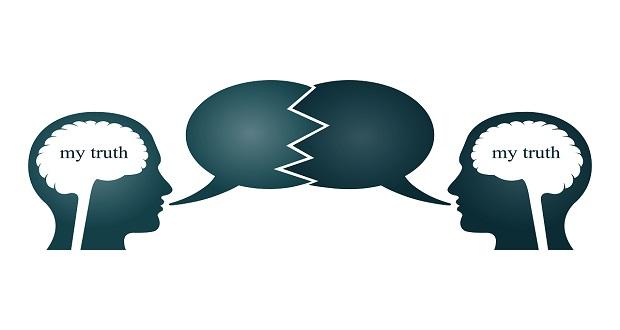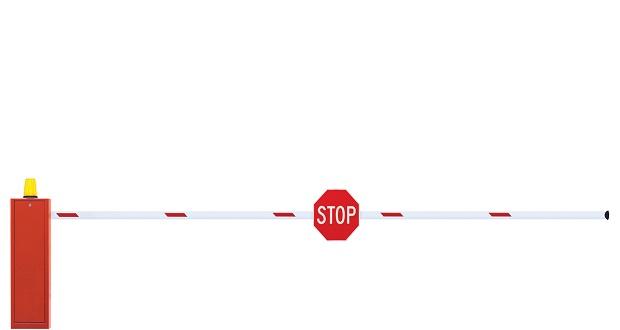 Many large organizations select diversity “champions” or “ambassadors” to advocate for inclusion in their respective departments. Called “seeding” the organization with pro-inclusion individuals, the rationale is that their voices will help to drive a consistent message and encourage others who may have been skeptical to be more open as they learn more about what inclusion really means and what is in it for them.
Many large organizations select diversity “champions” or “ambassadors” to advocate for inclusion in their respective departments. Called “seeding” the organization with pro-inclusion individuals, the rationale is that their voices will help to drive a consistent message and encourage others who may have been skeptical to be more open as they learn more about what inclusion really means and what is in it for them.
Some organizations provide additional education for the advocates so they are more competent to address issues and concerns.
While on this surface this seems like an effective model, we find sometimes that the diversity advocate is really only interested in supporting the agenda of his/her identity group. As a matter of fact, some may have some very judgmental opinions about other groups. We find this to be especially true as it relates to LGBT issues.
I have coached so called diversity “advocates” who were very adamantly against LGBT employees being included in the diversity mix. Citing religious dogma as their defense, they do not voice their opinions publicly but their inclusion messages clearly do not incorporate the LGBT community.
So this begs the question of how champions are selected. In addition to the education, are they screened about their overall beliefs related to the diversity dimensions that the organization supports?
A number of companies have also implemented “allies” programs for straight employees to stand beside and support their gay co-workers. Allies are the real champions because taking a visible stance requires courage.
We have come a long way in this country and globally for that matter in accepting the GLBT community. We also know that we have a long way to go as issues such as same-sex marriage continue to be hotly debated.
What does it mean to be a diversity champion? I think it means embracing all forms of human diversity, advocating for fair and equitable treatment for everyone, regardless of sex, ethnicity, ability, veteran status, age, and sexual orientation. One cannot be a diversity champion for some who have been excluded and treated unequally and not for all. Where do you stand? Are you a real champion?


















